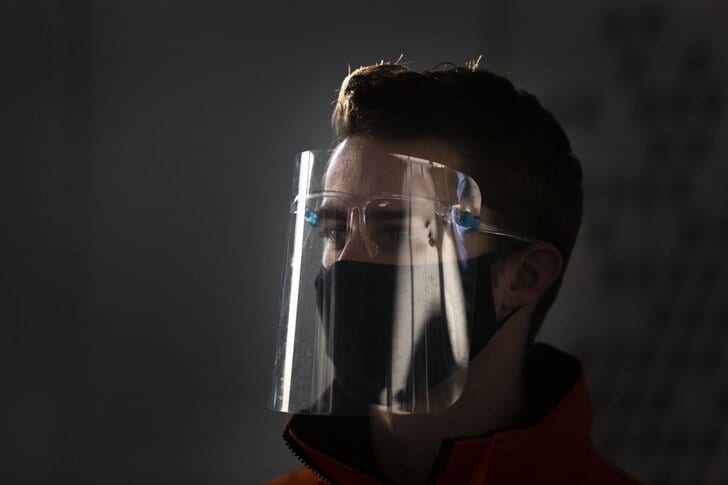The new variant of Coronavirus has led to increased concerns. It has resulted in harsher restrictions in England, Scotland and Wales, placing the UK on a travel ban.
The question is how this never existing virus took the form of the most commonly found illness in parts of England. Undoubtedly, the work on the new strain is at an early stage and there’s a long list of unanswered questions. But the world hopes that the answers can be found soon.

Allow us to make you aware of all that’s known about the new COVID-19 strain.
Is the new variant of COVID-19 a cause of concern?
Experts believe that the new strain of Coronavirus can spread more easily. But, there’s no absolute certainty. New strains become more common when they arrive in the right place at the right time. For instance, when the first case arrived in London, the country had to put two-tier restrictions in place. But with its rapid spread, the country has now applied tier-four restrictions.
How fast is it spreading?
Scientists have revealed that the new variant is spreading faster than the previous one. It’s growing more quickly. The United Kingdom’s Prime Minister, Boris Johnson, has mentioned that the variant may be up to 70% more transmissible.

Read – What experts think 2021 be like, now that we have Coronavirus vaccine
What do we know about new mutations?
The initial analysis has identified 17 potentially important variations. The spike protein of the new variant can be thought of as the key that viruses use to unlock the doorway to our body’s cells. There’s a part of the spike called the receptor-binding domain. The mutation called N501Y has altered this domain through which the virus makes the first contact with our body’s cells. Besides this mutation, other mutations have also been reported.
Does it make the infection deadlier?
Another important question is whether or not it’s more infectious. To be honest, it’s quite early to ‘nail on’ the exact percentage by which this new variant might be more infectious.
But even so, there’s no proven evidence that the new variant is actually more infectious. However, it being more transmissible can cause more problems for medical professionals and facilities.
Will the vaccines work against it?
At least for now, we can say that yes, the existing vaccines are effective against the new variant. And that’s because all the three leading vaccines develop immune responses against existing spike protein.
Once we’re vaccinated, our immune system attacks several different parts of the virus and not just the spike. So, even though the part of the spike is mutated, the vaccine should still work.

Read – COVID-19 vaccine side effects
Summing it up
Let’s not forget that despite the continuous efforts by scientists, the virus has taken the first few steps towards escaping the vaccine.
So, instead of relying completely on the vaccine, people should continue using the same precautions (wearing masks, social distancing, washing hands) they have been using earlier.
